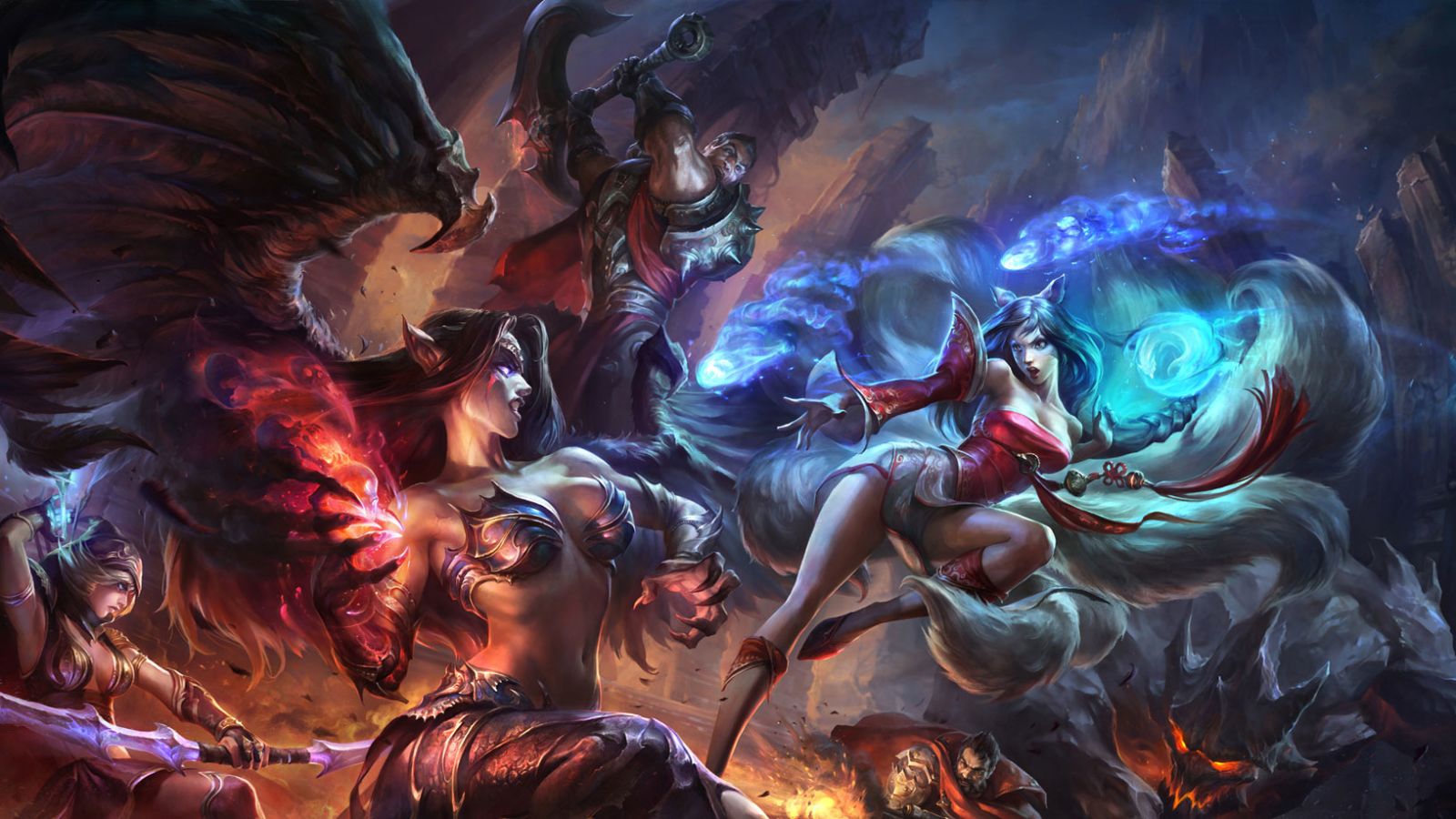So-called ‘boosting’ is a practice that involves playing on a different player’s account in order to artificially boost their rankings in any online game. This practice became increasingly more popular in recent years in relation to the growth of online games such as League of Legends, Overwatch and so on. In South Korea, which is considered as the leading country in a competitive gaming, this practice recently became illegal.
The new measures to combat boosters comes in a form of new revisions to the Games Industry Promotion Act which was passed in summer 2017. The law was developed in collaboration with the country’s video games industry, it regards the details defining the act of boosting and how such behaviour must be punished. According to the new law, boosters will be punished with a fine of up to 20 million won, which is roughly around 16 thousand euros. A booster may also get a two year suspended prison sentence.
While this might sound crazy to some, we should remember that South Korea is a country of esports and boosting is a big problem over there, with businesses springing up to offer boosting as a service. This practice is against the games’ terms of service but until now there was no serious steps towards stopping or regulating it.
However, it’s worth mentioning that the new law isn’t targeting people who help their friends to rank up. The law aims to target those who are willing to pay for boosting, with the hope to create healthier esports ecosystem in the country. Boosting is also a concerning problem in other countries, and if the esports industry continues to grow and expand, many more might follow South Korea’s set example in the upcoming future.






